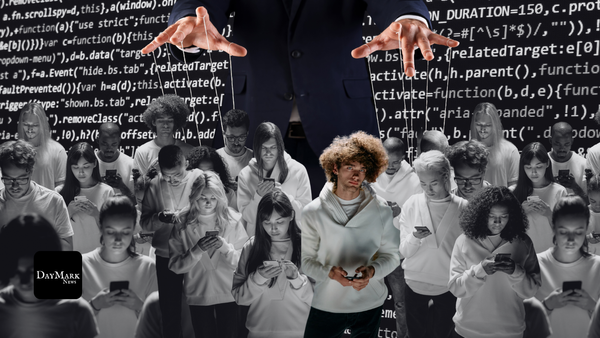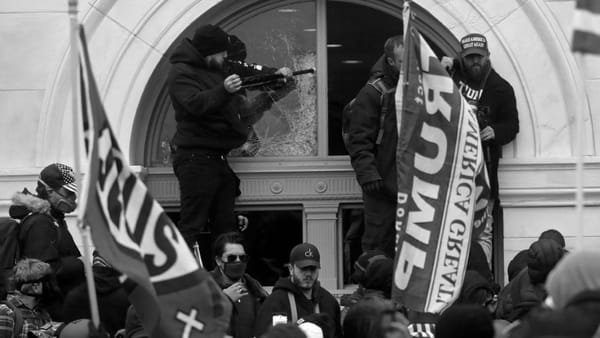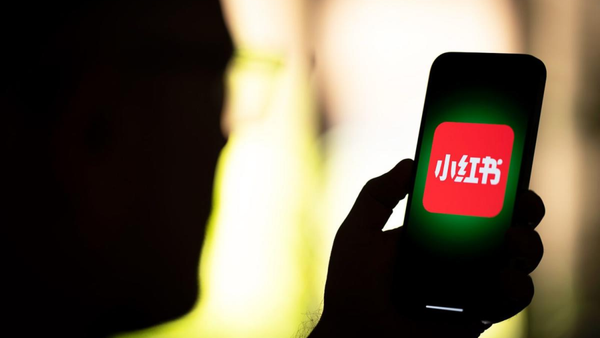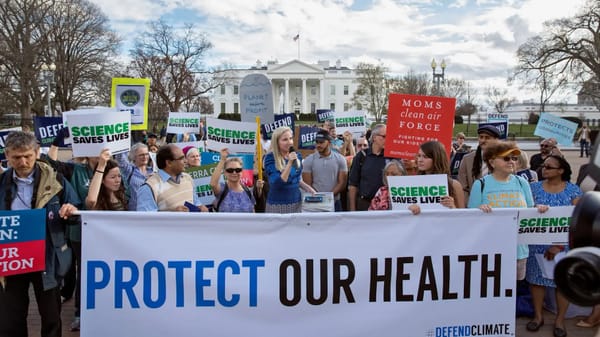The 1% Profit While the 99% Suffer – The Crisis Divide
When crises strike, be it a pandemic or a recession, the weight of the fallout seldom falls equally. While the working class endures economic hardship, job losses, and heightened health risks, the wealthiest among us often emerge wealthier.
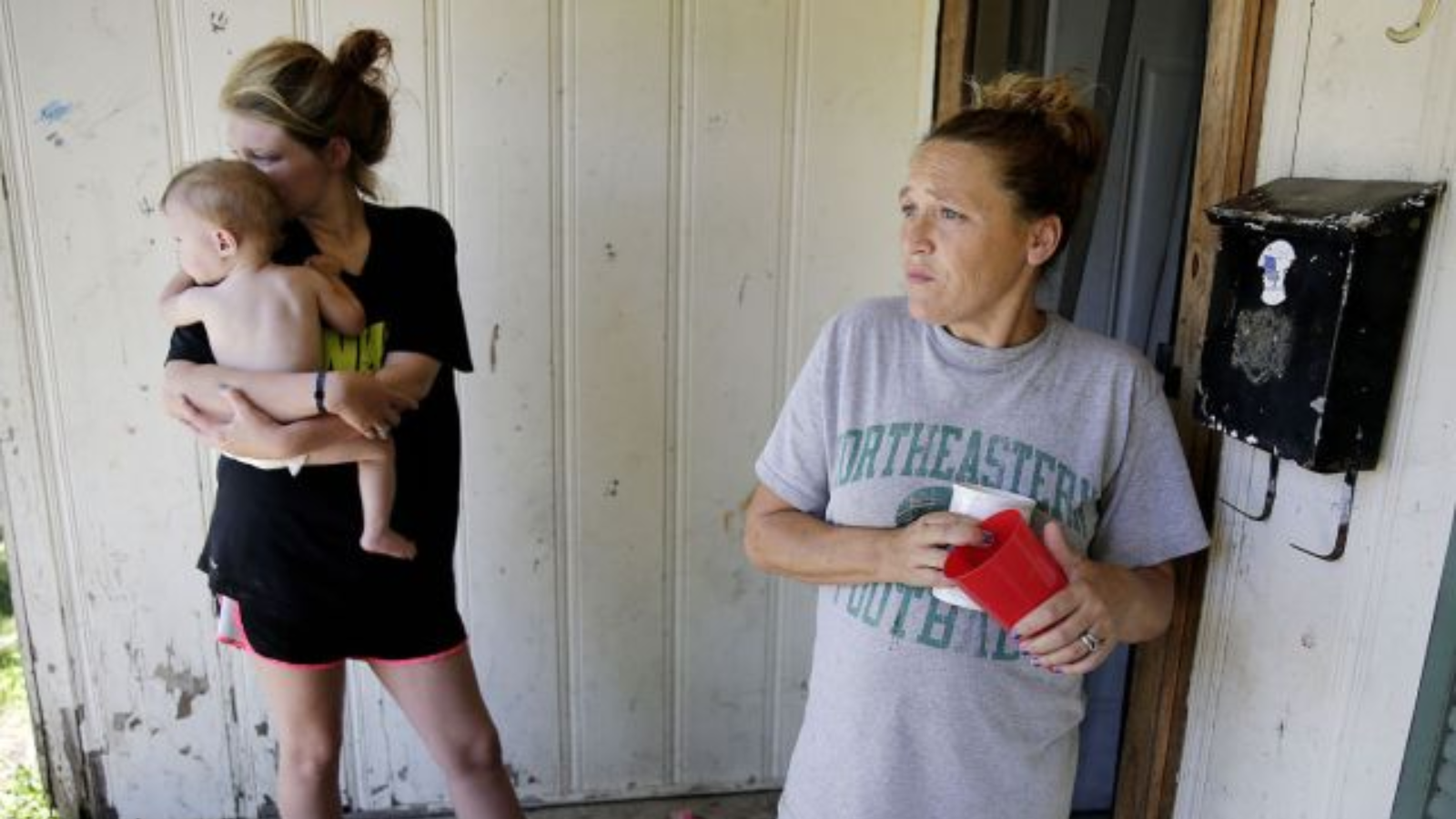
When crises strike, be it a pandemic or a recession, the weight of the fallout seldom falls equally. While the working class endures economic hardship, job losses, and heightened health risks, the wealthiest among us often emerge wealthier. The murder of Brian Thompson by Luigi Mangione has reignited public outrage—not just for its tragic circumstances but for the broader issues it reflects about accountability and systemic inequities in healthcare during times of crisis.
Profiting from Pandemics and Recessions
Crises are often framed as “great equalizers,” yet the data tells a different story. During the COVID-19 pandemic, billionaires saw their collective wealth increase by an estimated $5 trillion. Meanwhile, essential workers—the people keeping society afloat—faced disproportionate exposure to the virus while struggling to make ends meet. Similarly, during the 2008 financial crisis, banks received $700 billion in bailouts, while millions of Americans faced foreclosure.
This disparity isn’t coincidental; it’s structural. Policies and market dynamics are designed to cushion the fall for those at the top while leaving everyone else to scramble. Tax loopholes, corporate bailouts, and stock buybacks are standard fare during economic downturns, ensuring wealth flows upward.

During the pandemic, I served as the CEO of a company operating in a heavily regulated industry. It was a time of immense uncertainty, and I witnessed firsthand how decisions disproportionately impacted different segments of society. One moment stands out: a mayor of a city we operated in gleefully remarked, “These are the times when true wealth is attained.” I was mortified by the callousness of the comment but said nothing. To this day, I regret my silence. It was a stark reminder of how privilege, power, and opportunity intersect in ways that perpetuate systemic inequality.
Occupy Wall Street: A Prophetic Movement
The Occupy Wall Street movement of 2011 foreshadowed many aspects of our current moment. Its rallying cry, “We are the 99%,” highlighted systemic inequities that have only grown more severe. At the time, I was aware of the movement but dismissed it as another protest among many.
It wasn’t until the COVID-19 pandemic that my perspective began to shift. A younger colleague took the time to discuss privilege with me. They explained that while I wasn’t responsible for having privilege, I was responsible for how I interacted with the world, knowing that privilege existed. That conversation challenged me to reconsider my role in addressing systemic inequities and to reflect on the missed opportunities to speak out, like that moment with the mayor.
Occupy Wall Street didn’t achieve immediate policy changes but left an indelible mark on public consciousness. Its message resonates deeply today: awareness isn’t enough; it must lead to meaningful engagement and reform.
Healthcare Failures: The Breaking Point
The murder of Brian Thompson has amplified frustrations with systemic healthcare failures. Thompson’s story has become a rallying cry for accountability—not just for his assailant but for the institutions that allowed such a crisis to unfold. His death highlights the human cost of a system prioritizing profit over people.
In the U.S., healthcare remains a privilege, not a right. For the working class, medical crises often mean financial ruin. During the pandemic, uninsured and underinsured Americans delayed or avoided care, contributing to higher mortality rates. Meanwhile, pharmaceutical and insurance companies reported record profits, with some CEOs earning over $20 million annually. The juxtaposition of suffering and profiteering is a glaring indictment of a system needing reform.
Public Outcry: A Tipping Point?
Brian Thompson’s case reveals a growing anger among Americans. While the details of his murder are horrifying, the public’s reaction underscores a deeper, more pervasive frustration: a sense that the system is rigged against them. Luigi Mangione’s actions are his own, but the conditions that foster such desperation point to societal failures.
The outrage surrounding this case should serve as a wake-up call. Calls for reform are growing louder, with demands ranging from universal healthcare to robust social safety nets. However, the challenge lies in maintaining momentum. Public anger is often fleeting, and the status quo will remain unchallenged without sustained pressure.
What Needs to Change
Systemic reform requires bold action:
- Healthcare for All: Universal healthcare isn’t just a moral imperative; it’s an economic necessity. Countries with universal systems spend less per capita on healthcare while achieving better outcomes.
- Fair Taxation: Billionaires and corporations must pay their fair share. Eliminating tax loopholes and implementing a wealth tax could fund critical social programs.
- Worker Protections: Strengthening labor laws, ensuring living wages, and guaranteeing paid sick leave would empower workers and reduce economic vulnerabilities during crises.
These changes won’t come without resistance. The wealthy and powerful have a vested interest in maintaining the current system. But history shows that collective action—when sustained—can drive meaningful change.
The Call to Action
The murder of Brian Thompson is more than a tragedy; it’s a mirror reflecting the cracks in our society. If we want to honor his memory, we must address the inequities that led to his death. This isn’t just about one man or one moment—it’s about ensuring that the next crisis doesn’t deepen the divides that already plague us.
Occupy Wall Street warned us over a decade ago. The question is, will we finally listen?
This article is licensed under Creative Commons (CC BY-NC-ND 4.0), and you are free to share and republish under the terms of the license.
At DayMark News, we are committed to exposing the rise of authoritarianism and its threat to democracy. In a time when disinformation spreads like wildfire and democratic institutions face relentless attacks, we need your support to keep the fight alive.
Investigative journalism is our weapon against authoritarian ideologies. We delve deep to uncover the truths others would rather keep hidden, while providing actionable resources to empower individuals like you to defend our democracy.
We believe in transparency, integrity, and the power of a well-informed public. But maintaining a platform dedicated to fearless reporting and mobilization requires resources. We refuse to bow to corporate interests or compromise our mission. That's why we turn to you — our community.
Every donation, big or small, helps us continue our work. With your support, we can produce the in-depth analyses, breaking news, and educational tools needed to resist the rise of extremist movements and protect democratic values for future generations.
This fight belongs to all of us. Together, we can ensure that democracy not only survives but thrives. Please consider making a contribution today to keep DayMark News strong and independent.
Donate Now: Because Democracy Can't Defend Itself.

 Donate
Donate
